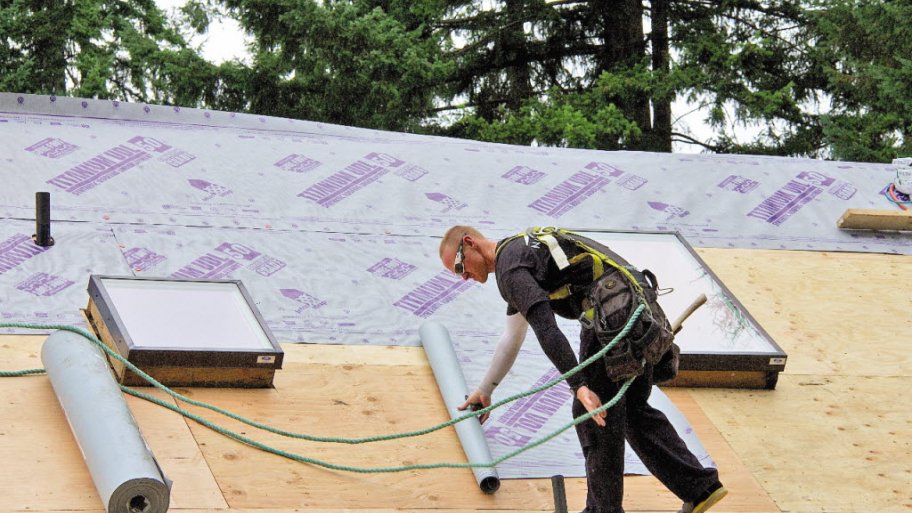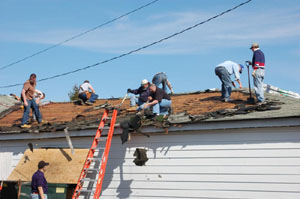When it s time to replace your roof there are several factors that might lead your roofing professional to recommend adding shingles on top of your existing layers.
How many layers of roof shingles are allowed in nj.
Standard roofing practices allow for three layers of roofing shingles.
It is not illegal.
On most flat roofs such as epdm tpo or modified it is perfectly acceptable to two layers of roofing.
Usually shingles are replaced every 15 to 20 years.
Three slate roof the new jersey home inspection includes a visible inspection of the exposed roof areas of the roof.
The nj home inspectors will investigate and report on how many layers of shingle are installed and estimate the remaining life of the shingles.
If the third layer is new you should not have to do.
Most building codes allow up to two layers of organic or fiberglass asphalt shingles.
In the portland area as of 2018 the current code allows up to three layers if the current layer is in good condition.
In some instances 3 layers may be allowed but this is rare.
Most areas only allow for a maximum of two layers.
Regulations allow a maximum of two layers of shingles on a roof but experts say you shouldn t lay asphalt shingles over an existing roof.
Steep sloped roof products such as tile slate metal and shakes only allow one layer.
However this depends upon the roof materials.
Generally it is fine to have three layers of shingle but you should check this with your local building permit people and you should make sure that your roof and the rest of the structure have the strength to cope with the extra weight.
This will also be constrained by other factors.
For many years it was acceptable to put even the third layer.
A roofing contractor will know exactly how many layers of roof shingles are allowed in your area for your building but it is normal that you will be permitted up to three layers of shingles.
Asphalt shingles typically can have one more layer added over the top two roofs total.
That limit pertains to roofs with up to a 4 12 pitch.
New jersey call 908 757 3400.





























